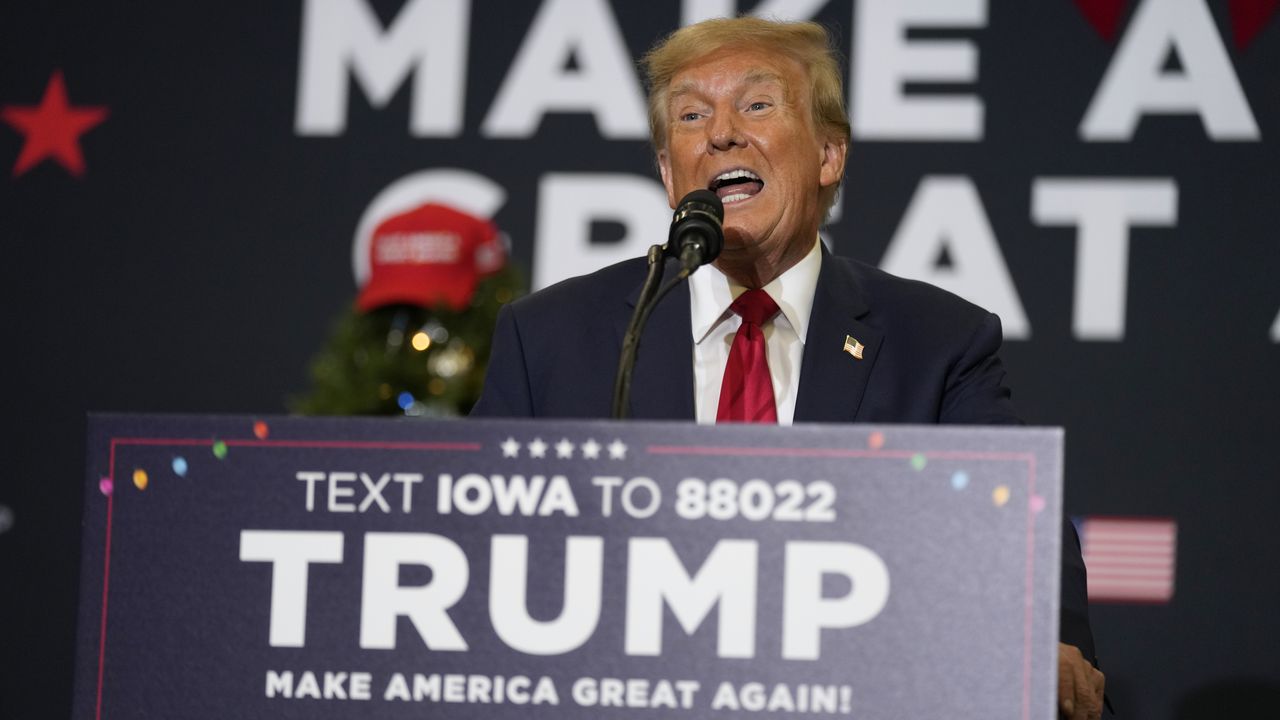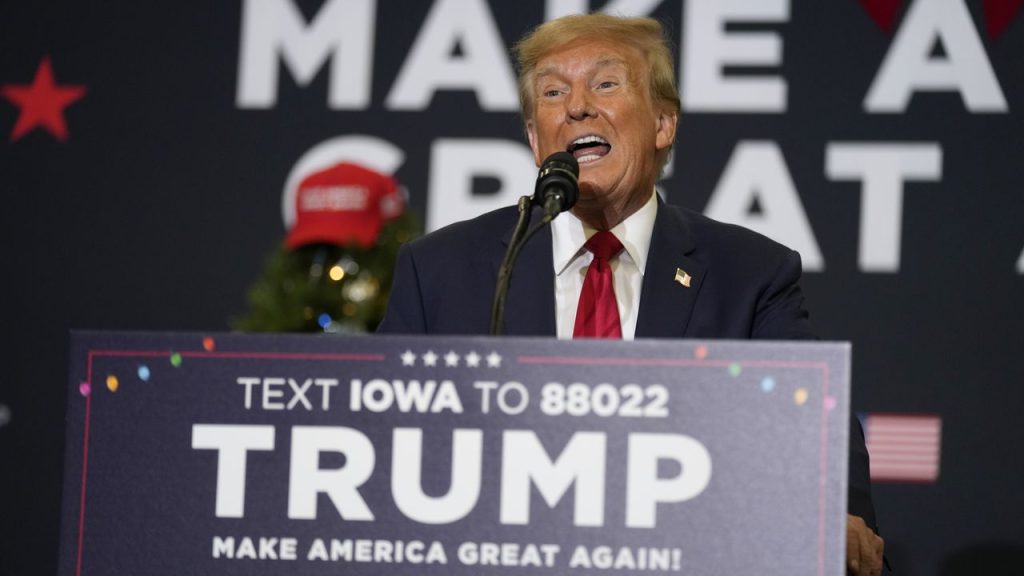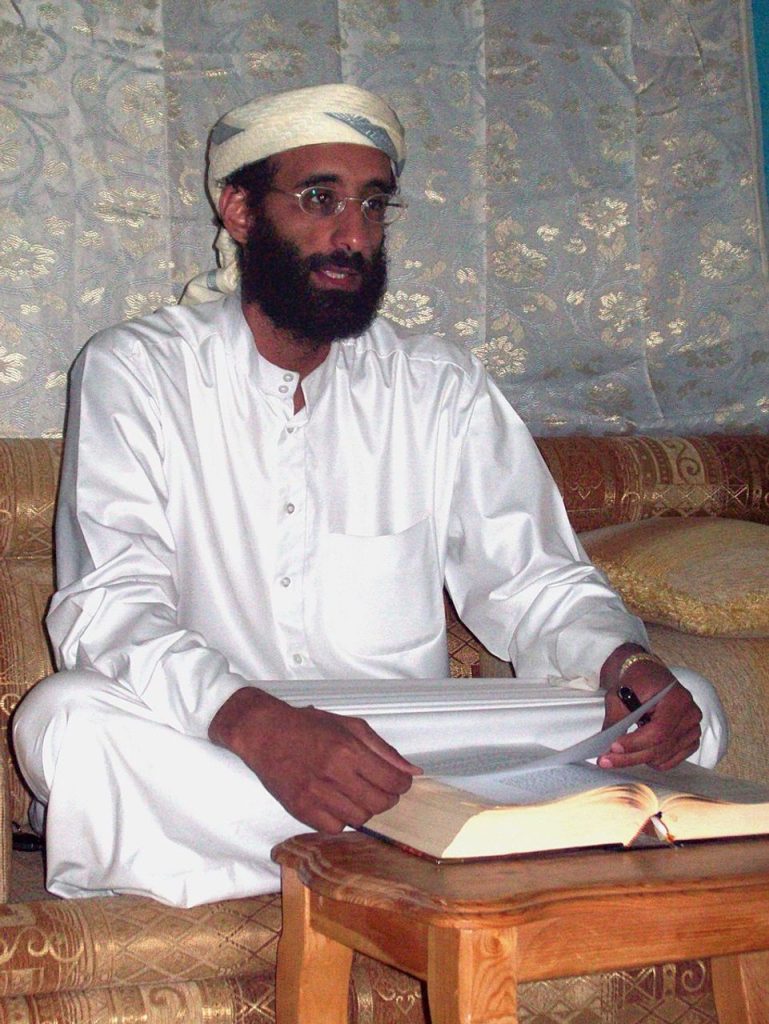
US presidents can order assassinations—Trump lawyers and Justice Department prosecutors agree
By Patrick Martin
The Appeals Court hearing Tuesday on ex-president Donald Trump’s claim of “absolute immunity” from prosecution for anything he did while in the White House led to a remarkable discussion of the president’s supposed power to order the assassination of political and business rivals, or foreigners targeted by the vast US military-intelligence apparatus.
Trump’s own lawyer John Sauer raised the issue at the opening of the hearing before a three-judge panel of the US Court of Appeals for the District of Columbia Circuit, the highest federal court below the US Supreme Court. Trump is appealing the decision by federal district Judge Tanya Chutkan, who held that he was not immune from the charges of obstruction and conspiracy related to the January 6, 2021 attack on Capitol Hill, brought by Special Counsel Jack Smith.
Practically the first words out of Sauer’s mouth were to warn the judges that if Trump could be held criminally liable for his actions in the White House, so could previous presidents. “To authorize the prosecution of a president for his official acts would open up a pandora’s box which this nation may never recover,” he said.
“Could George W. Bush be prosecuted for allegedly giving false information to Congress to induce the nation to go to war in Iraq under false pretenses? Could President Obama for allegedly [authorizing] drone strikes targeting US citizens?”
Judge Florence Pan, a Biden appointee, responded, “I understand your position that a president is immune from criminal prosecution from any official act that he takes as president, even if that action is unlawful or unconstitutional purpose, is that correct?”
The discussion continued:
JUDGE PAN: Could a president order Seal Team 6 to assassinate a political rival?
SAUER: He would have to be and be impeached and convicted.
JUDGE PAN: If there weren’t, there would be no criminal prosecution and no criminal liability for that?
SAUER: Chief Justice’s opinion and the plain language of the impeachment judgment clause clearly presuppose, what the founders were concerned about…
JUDGE PAN: I asked you a yes or no question. Could a president who ordered Seal Team 6 to assassinate a political rival, who was not impeached, could he be subject to criminal prosecution?
SAUER: If he were impeached and convicted first…
JUDGE PAN: So your answer is no.
SAUER: My answer is a qualified yes. There is a political process that would have to occur… which would require impeachment and conviction by the Senate.
Leaving aside the legalistic maneuvering, the position of Trump’s lawyer is that a president could not be prosecuted for any crime unless he was impeached by the US House and convicted by the Senate first.

The lawyer representing Smith’s office, James Pearce, later referred to this exchange and suggested that, under Sauer’s doctrine, if a president ordered an opponent assassinated, and then resigned to avoid impeachment, he would escape scot-free. He could not be impeached because he was no longer president—the argument made by the Republicans who acquitted Trump after he was impeached for the January 6 attack. He could not be prosecuted because he had not been impeached. Thus he would get away with murder.
Just as remarkable as the doctrine advanced by Trump’s lawyer of absolute immunity was the quickness of all sides—defense, prosecution and the judges—to embrace the possibility of a president ordering the killing of a political opponent in the United States.
A presidential “right” to assassinate was already implicit in the legal rationale advanced by then-Attorney General Eric Holder after the drone missile assassination of Anwar al-Awlaki, a US citizen, in Yemen in 2011. The US military-intelligence apparatus declared Awlaki, an Islamist preacher, to be a terrorist threat, and President Obama approved placing him on a CIA “kill list” in 2010. After he was located a year later in Yemen, a US missile was fired, incinerating him and several companions.

When Holder’s memo justifying Obama’s order to kill Awlaki became public, it caused a storm of anger among civil liberties groups, but did not raise an eyebrow in the US political establishment. The WSWS wrote at the time:
The assertion of the presidential power to unilaterally order the murder of US citizens represents an abrogation of the entire structure of constitutional principles upon which hundreds of years of democratic jurisprudence has rested. With the assertion of that power, the US government moves into new and uncharted territory.
We also pointed out that this supposed power was not limited to foreign countries, but could sanction military-intelligence murders of targets designated and approved by the president within the United States as well. Nor was there any requirement that the targeted individual be actually engaged in a terrorist plot.
The “legal case” presented by the Obama administration in the white paper is remarkable for its unwillingness to concede any limits whatsoever to the asserted power of the executive to kill US citizens. For example, after an extended argument for the legality of killing individuals who present an “imminent” threat to national security, and an extended discussion regarding the concept of “imminence” in which the term is defined so broadly as to permit virtually anything, the administration declares that it may assassinate even when there is no “imminent” threat.
Thus, when Trump’s lawyer cited the Awlaki case—without mentioning the victim’s name—and the judge responded by suggesting the possibility of a presidential order to the Navy’s Seal Team 6 death squad to kill a political rival, they were not citing wild hypotheticals. They were reviewing issues that have long been the subject of discussion within the American capitalist state.
Moreover, given the elastic use of the term “terrorist,” like the current distortion of the term “antisemitic,” so that it is applied to virtually any opponent of the operations of the US military-intelligence apparatus, a presidential “power” to kill terrorists on American soil could apply to antiwar protesters, workers striking in critical defense industries, or political opponents of any kind.
The judge’s question clearly struck a nerve with Justice Department attorney Pearce, representing Special Counsel Jack Smith. He returned to the subject during the second half of the Appeals Court hearing, which was allotted to him to present the administration’s case for prosecuting Trump over the January 6 insurrection.
He seemed concerned that the position of Trump’s lawyer differed significantly from that of Eric Holder a decade ago. Trump’s attorney did not assert that a presidential assassination order was legal, but that the president was immune from criminal prosecution for such an illegal order unless he had been impeached first.
The president might enjoy such immunity, Pearce said, but only in the case of “very difficult, national security” decisions, “operating under extraordinary time pressure” when the president would be confronted with the question, “Do I go in and commit this—order the drone strike under these circumstances?”
He continued:
A president will often have a cadre of lawyers to advise him or her. The lawyers say, madam president, we’ll get you a memo in two months. That’s not going to be enough in that situation. If there were a drone strike, civilians were killed, that there theoretically could be subject to some court of prosecution as murder. That might be a place which the court would properly recognize some kind of immunity. That’s nothing like what we have here.
Pearce was clearly seeking to distinguish between the hypothetical crimes posed in the judge’s question to Trump’s lawyer and the actual crimes already committed by Obama, as well as by Trump (the killing of Iranian General Suleimani, for example), as well as, no doubt, by Biden over the last three years, about which comparatively little is known as yet.
If Trump reenters the White House a year from now, however, the line between hypothetical and actual could well be swiftly erased. It was reported this week by Mediaite that some of Trump’s closest cronies discussed possible assassinations of prominent Democratic Party opponents of Trump during the period before the November 2020 election.
The muckraking website reported that Roger Stone, a longtime right-wing political operative pardoned by Trump in the final days of his administration, discussed killing two House Democrats, Jerry Nadler and Eric Swalwell, with New York Police Department officer Sal Greco, who was working as his security aide at the time. Mediaite said it had obtained a tape recording of the conversation from a source it would not identify, and that Stone was clearly serious.
According to the Mediaite account:
“It’s time to do it,” Stone told Greco. “Let’s go find Swalwell. It’s time to do it. Then we’ll see how brave the rest of them are. It’s time to do it. It’s either Nadler or Swalwell has to die before the election. They need to get the message. Let’s go find Swalwell and get this over with. I’m just not putting up with this shit anymore.”
Nadler and Swalwell were both members of the House Judiciary Committee, which had voted to impeach Trump in 2019. Nadler had announced the committee would investigate Trump’s pardon of Stone for lying to the investigation by Special Counsel Robert Mueller into Trump’s alleged links to Russian officials, and for seeking to obstruct the special counsel’s work.
There are other indications that can be cited of the role of assassination in the unrestrained operations of the US national-security terror machine. It has been widely reported that under the Trump administration, CIA Director Mike Pompeo discussed the possible assassination of WikiLeaks publisher Julian Assange, who was then under effective house arrest in the Ecuadorian embassy in London.
In the US-NATO proxy war against Russia in Ukraine, the US-backed regime in Kiev has carried out a number of high-profile assassinations in Russia, including that of Darya Dugina, daughter and co-thinker of ultra-right Russian nationalist Alexander Dugin, and other supporters of Putin and the war against Ukraine.
And of course the government that gave the world the term “targeted assassination,” and carried out many of them over the past 30 years, the government of Israel, is both the leading recipient of US military aid and a test bed for the most savage military methods, now on display in the genocide in Gaza. Every technique of torture and murder empoyed by the Zionist regime has been embraced by the senior partner in that relationship, American imperialism. This is true under Bush, Obama, Trump and Biden, without distinction.
[This article was originally published by the WSWS here on January 13, 2024]

